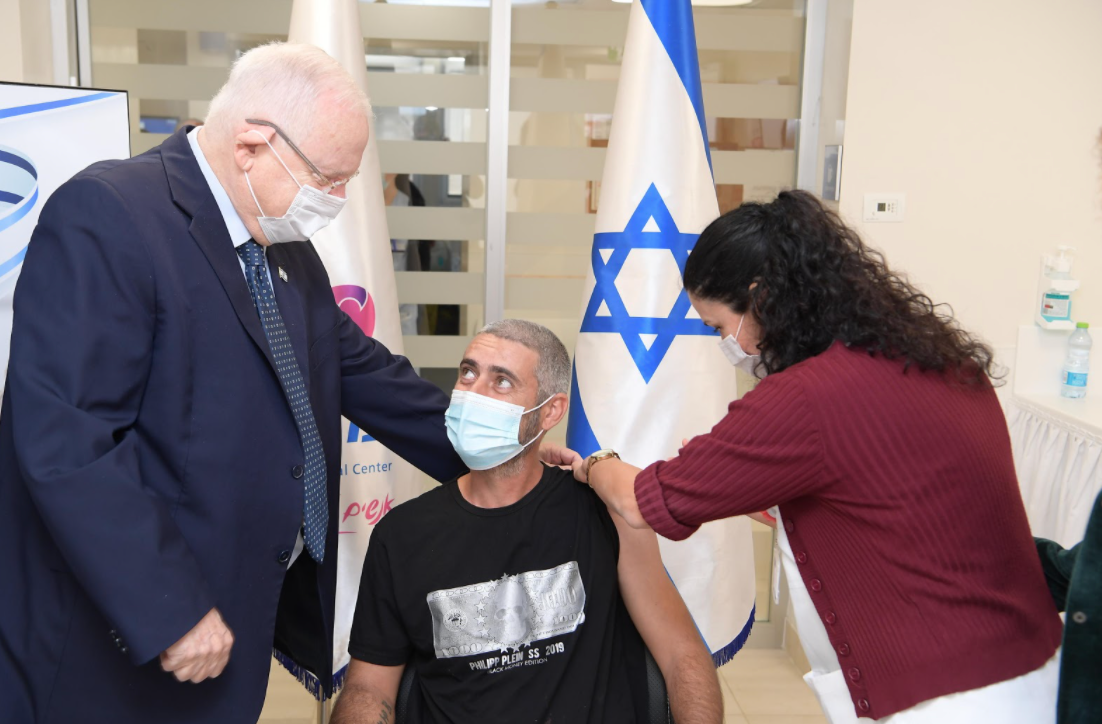Israel has the fastest international vaccine rollout with half of the country’s citizens receiving a dose by the end of February, according to The Washington Post. 74.4 out of 100 people have received vaccine doses in Israel compared to 51.1 in the United Arab Emirates, 23.4 in the United Kingdom, and 16 in the United States.
However, SNL comedian and “Weekend Update” host Michael Che faced backlash after making a joke about the country’s vaccine distribution on Feb. 22: “Israel is reporting that they’ve vaccinated half of their population, and I’m going to guess it’s the Jewish half.”
While Che and SNL producer Lorne Michaels have not commented on the issue, Jewish organizations, like the Anti-Defamation League (ADL), criticized Che for playing on “antisemtic tropes.” Israeli Prime Minister Benjamin Netanyho also condemned the joke, saying it was “so false.”
“Saturday’s deeply offensive joke about Israel’s COVID-19 vaccination process not only missed the mark, but crossed the line…ADL has tracked multiple Weekend Update jokes this season that inappropriately use Jews as the punchline,” CEO of the ADL Jonathan Greenblatt tweeted on Feb. 22.
While the joke was offensive and had underlying antisemtic roots, the comment has also brought attention to Israel’s distribution of the vaccine, specifically in regards to administering it to Palestinians in Gaza and the West Bank. In these areas, there have been 189,000 confirmed cases of coronavirus with about 2,100 deaths. 10,000 Russian-made doses have arrived with the Israeli government providing 5,000 doses to Palestianians, according to the BBC.
In January, the United Nations human rights board urged Israel to ensure equal access to the vaccine for Palestinian residents. According to the committee, under the Fourth Geneva Convention, the Israeli government is required to maintain health services for occupied territories.
“Israel has not ensured that Palestinians under occupation in the West Bank and Gaza will have any near-future access to the available vaccines…Morally and legally, this differential access to necessary health care in the midst of the worst global health crisis in a century is unacceptable,” the UN Human Rights Committee said on Jan. 14.
A registered nurse who works with Doctors Without Borders, Matthias Kennes, criticized the Israeli distribution program because vulnerable groups in the West Bank and Gaza are not receiving priority over healthy adults and young people.
“In Gaza they have much more severe shortages of medical supplies and pharmaceuticals because the blockade is so strict. Their capacity for COVID-19 treatment is lower, so their need for the vaccine is all the higher,” Kennes said.
Yuli Edelstein, the Israeli Health Minister, argued that the Oslo agreements say that Palestinians “have to take care of their own health” as a way to maintain self-determination for these territories. The Israeli government has also responded by vaccinating 100,000 Palestinian workers who travel to Israel for work. “We welcome this…We need to vaccinate our people, so we can end the pandemic everywhere,” Palestinian Health Minister Mai al-Kaila said.

